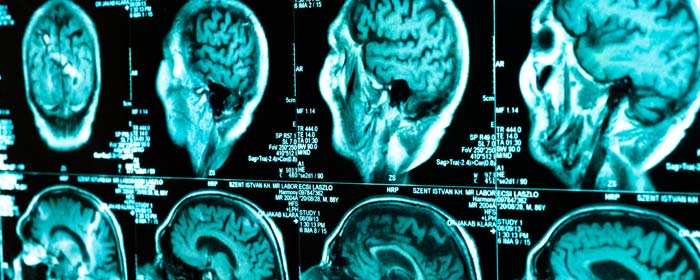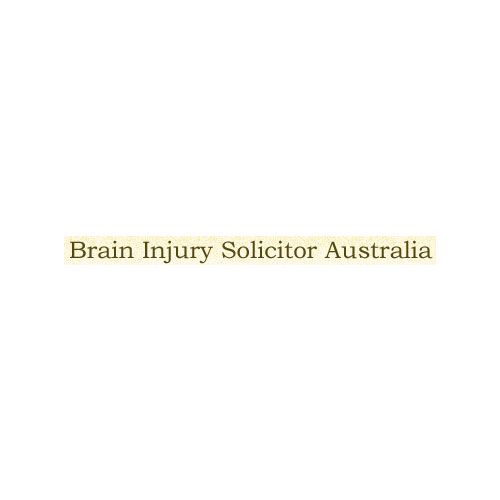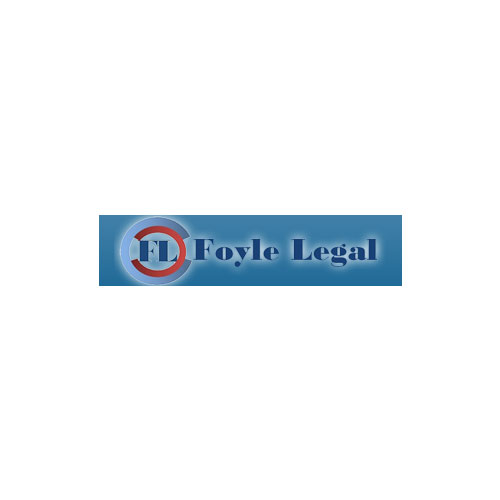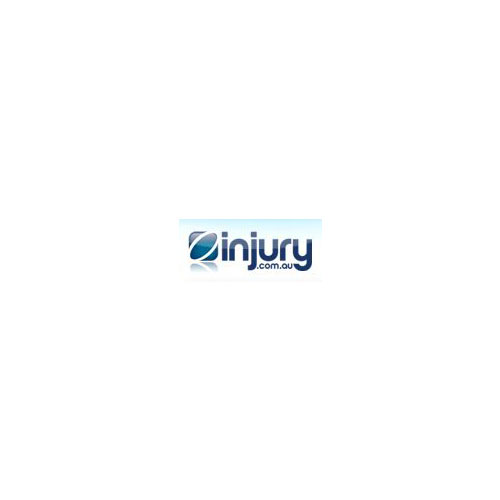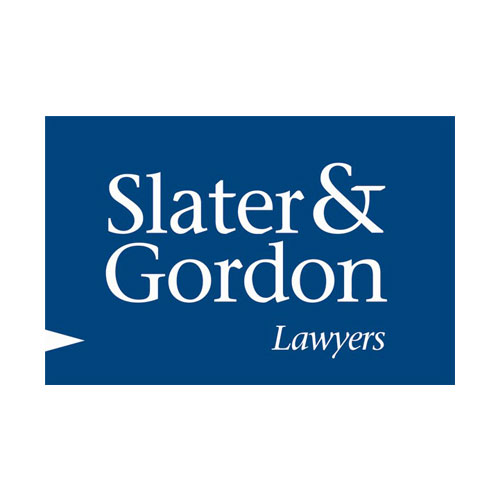When laying a claim for compensation for a head injury, it is important to undergo exhaustive medical treatment to gather all the facts of the injuries incurred. Some head injuries could result in long term damage or injury.
For example: If someone is a face model and sustains a serious injury, rendering her unable to continue modelling, although she can claim for the immediate expenses, she can also claim for future loss of earnings and 'pain and suffering' – or the emotional damage incurred. If need dictates, you must consult more than one medical expert to exhaust the causes, symptoms and repercussions of the injury.
What is a head injury?
Any kind of injury to the skull and brain is considered to be a head injury. Doctors usually use the term Head Injury, when there appears to be no immediate damage to the brain. In this article we shall refer on to Head Injuries, or injuries where no brain damage has occurred. These kinds of injuries include fractured skulls or head bones, lacerations and injuries affecting the face. Head injuries are more prevalent in adults and the usual causes are falls, car collisions, hitting or being hit by an object and physical assaults. Fortunately in the case of children, falls are more frequently accidental, usually when the child is in their formative years. In tragic cases, children can incur head injuries due to abuse and neglect. In these cases, criminal action must follow.
Always seek immediate medical advice
An injury to the head is defined as injuries only affecting the head, and not the spinal cord or brain and surrounding membranes. The skull does not always need to show fractures for damage to occur. In all cases of head injury, you must treat it as a serious injury, even if it appears that the victim is symptomless. As not all head injuries are immediately apparent, it is advisable to seek expert medical advice and if possible, an MRI. Some injuries to the head will result in brain swelling and bruising, which could only appear hours after the injury. All head injuries pose the risk of strokes and brain damage. Common symptoms to be aware of include; nausea, vomiting and somnolence. Concussions are the most diagnosed head injuries and the seriousness of these injuries cannot be overstated. Any kind of head injury that results in bleeding, should be treated by a medical professional immediately, Bleeding from the ears or nose, post injury, indicates severe trauma to the head and brain. No matter how small the injury may appear, it is vital that you seek medical attention.
How to claim in the event of a head injury
Depending on how the injury occurs, you may be able to claim for monetary compensation for the damages incurred. If you trip at the top of a staircase, or perhaps trip on your dress, you will have to concede that the injury was directly caused by yourself. However if the injury occurred in the work place or a public shopping mall, and could have reasonably been prevented, you are entitled to make a claim for monetary compensation. For example if you are working in an office block, and a pipe falls through the roof fracturing your skull. You would be entitled to claim monetary compensation to cover the medical expenses as well as any other expenses, such as loss of income due to hospitalisation. Similarly if in a public space, an injury occurs due to the negligence of others, you are entitled to claim monetary compensation. Your claim will rely on proving that a company or person was negligent in some way and due to this negligence, you were injured. When determining negligence, a judge will consider whether the proper measure were taken to prevent such injuries from occurring and if they could have reasonably been foreseen. For instance in the example of a head injury in the work place, if the company had failed to do the necessary maintenance and cut corners when installing the pipes, your claim will be successful.
The claiming process
When you launch a claim for monetary compensation, you will need to consult with medico-legal experts. The laws surrounding negligence and subsequent compensation require expert advisers and attorneys. Not only must the laws be considered, the medical evidence needs to be thoroughly investigated. The Judge will consider the evidence and arguments put before her and rule accordingly. When you instigate a claim, you must seek legal advice immediately. Choose a law-firm that specialises in medico-law and personal injury claims. You lawyer will explain the steps to take and gather all the required evidence. Depending on the kind of injury sustained, your lawyer may employ specialist doctors or witnesses to substantiate your case. Evidence and witness testimony may be compromised over time and so it is important that you consult your legal advisor as soon as the injury has occurred. Your lawyer will make the necessary arrangements to acquire your medical records as well as any other evidence relevant to the case. In cases involving injuries incurred due to mechanical or physical failure, your lawyer will contact and consult with any expert who could contribute positively to your case.
You can also claim for compensation on behalf of another or if you depended on them and they are no longer able to provide due to the injury. In these cases the same laws apply and the Judge will determine what sum is adequate compensation. Similarly, if a child is injured in due to the negligence of others, the mother can claim for compensation to cover the expenses of raising and caring for the child.
When you feel that you or a relative have suffered a head injury that was the direct fault of another person, you should always seek professional legal advice. Some head injuries may be caused by a criminal action and should then also be handled as a criminal case. In any case of head injury claims, the primary goal is to prove the fault or negligence of another party. If it is found that your case is valid, then your claim will be successful. You must remember there are factors that could affect the compensation, for example if the party at fault has no way of paying the sum, the compensation may be ordered but never actually paid. Similarly if it is found that the party at fault need only pay a portion of the proposed sum, the Judge will rule accordingly. In some cases it could be shown that there were factors beyond any person's control, that caused the head injury. In which case a Judge may find that the responsible parties need only pay what is deemed appropriate, relative to their involvement. For instance, faulty piping could have been used, but the fault traced back to the initial materials used, and the involved parties had no reason to assume defect. Provided the parties took reasonable measures, the Judge may find that they only need pay a small sum.
Ultimately it is always best to seek medical and legal advice before instigating any claim for a head injury. You must be aware of the possibilities as well as the process. Ensure you choose a reliable and informative law-firm, look for companies that provide detailed explanations of the process and their work. Try and meet with your lawyer personally and always make sure you can trust the person presenting your case.
